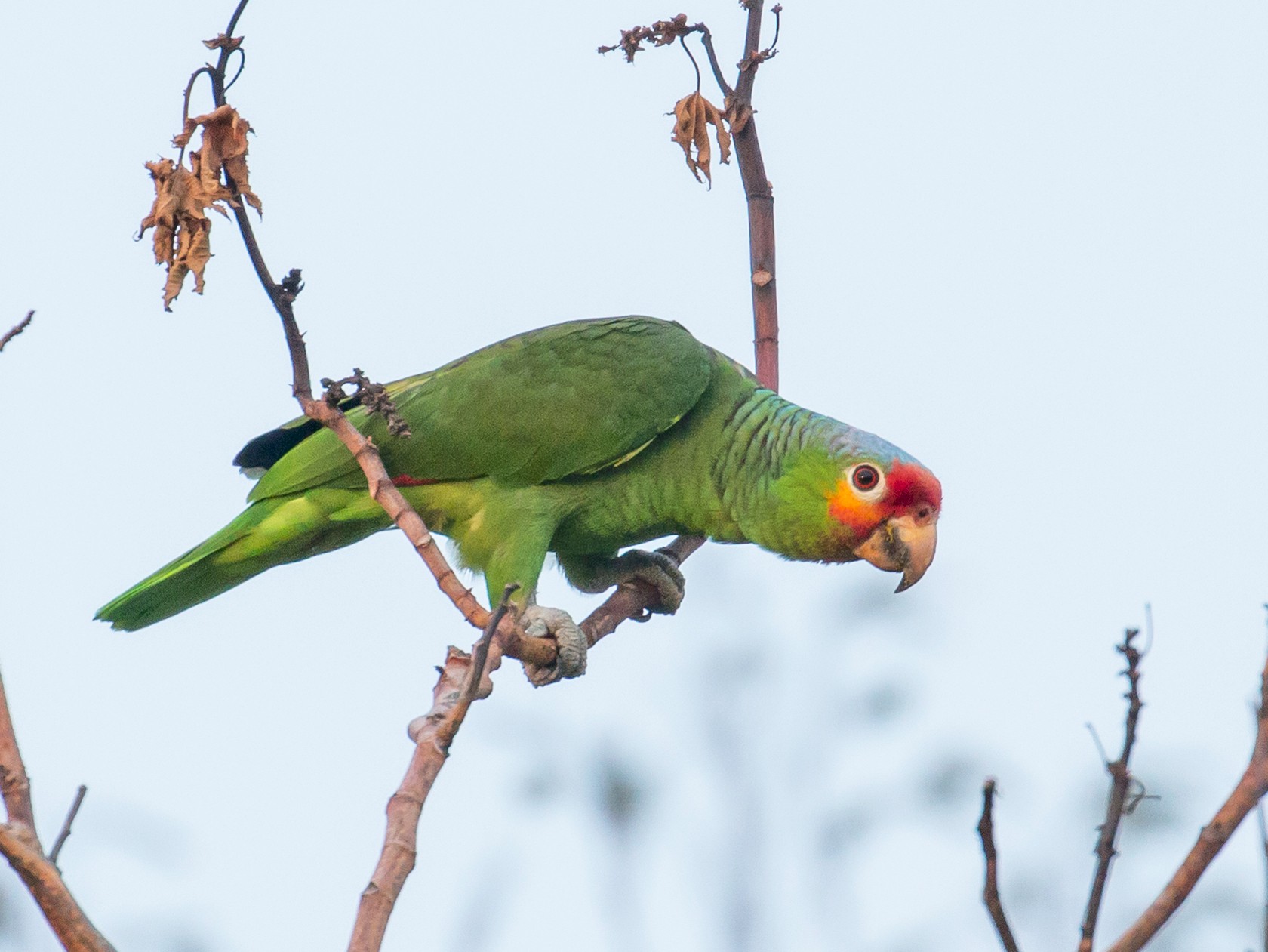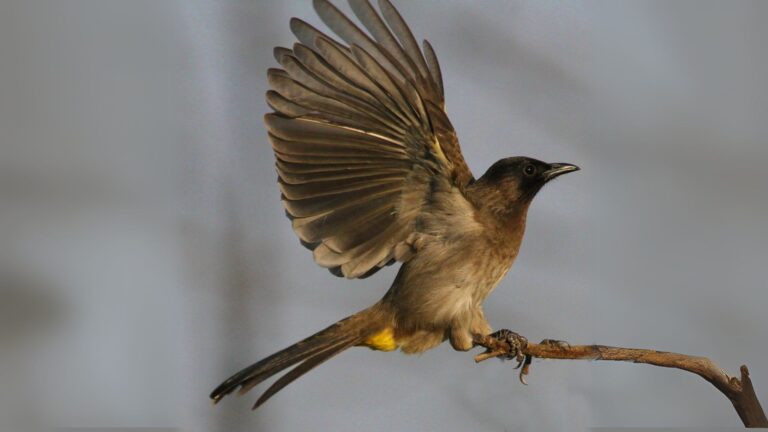Parrot Adoption Colorado: Essential Guide to Finding Your New Feathered Friend
Plenty of folks in Colorado want to bring home a pet parrot but have no idea where to even start. Parrot adoption in Colorado happens through local rescues, sanctuaries, and welfare groups that connect birds in need with new families.
These organizations try to match each bird with someone who gets what parrots really need. Parrots are intelligent and crave attention, proper care, and stimulation.
If you’re thinking about adopting, it’s smart to look into what owning a parrot actually involves. Local groups often guide newcomers and answer common questions; you can find more info by checking out a trusted parrot adoption resource in Colorado.
Key Takeaways
- Parrot adoption is available in Colorado through local groups
- Understanding parrot care is important before adopting
- Resources are available to guide new parrot owners
Understanding Parrot Adoption in Colorado
Adopting a parrot in Colorado gives you the chance to offer a loving forever home to a bird that needs one. The process means figuring out which birds are up for adoption, how to apply, and what it might cost.
Types of Parrots Available for Adoption
Colorado rescues care for all sorts of parrots, from tiny to huge. You’ll often see cockatiels, conures, parakeets, and bigger species like African greys, cockatoos, and macaws.
Smaller birds—parakeets and cockatiels—are a hit with families and first-time adopters. Medium-sized birds like conures are playful and need moderate care. Larger parrots such as macaws and cockatoos are super smart but need more space and time.
Some birds need extra care, especially if they’ve had a rough past or health problems. Many rescues post profiles of adoptable birds, sometimes through local agencies or specialty exotics groups. It’s worth checking both local and nationwide online listings for available exotic birds.
Overview of the Adoption Process
Usually, adoption starts with an online application through the rescue or shelter. They’ll ask about your bird experience, your home, and whether you can meet a parrot’s needs.
Most rescues want a home visit or virtual tour to make sure the space is safe. Some may ask for personal references, too.
Once you’re approved, you get to meet and spend time with the birds. That way, you can see if it’s a good fit.
Rescues also teach families about diet, enrichment, and vet care. Some even offer classes or let you volunteer.
If you want extra support, community resources and support groups can help new parrot owners.
Adoption Fees and Financial Considerations
Adoption fees in Colorado vary a lot, usually from $25 for a parakeet up to $700 or more for a macaw or African grey. The fee typically covers vet exams, microchipping, and sometimes a few supplies to get you started.
Table: Sample Adoption Fees
| Parrot Type | Approximate Fee |
|---|---|
| Parakeet, Cockatiel | $25-$75 |
| Conure | $100-$300 |
| African Grey Parrot | $400-$700 |
| Macaw, Cockatoo | $500-$800+ |
Don’t forget about ongoing costs—food, toys, cages, and regular vet visits can add up. Parrots live a long time and need steady investment.
Many rescues are upfront about expenses and might even help you find affordable supplies through local shops and veterinary resources.
Parrot Rescues, Sanctuaries, and Welfare Organizations
Rescues, rehab centers, and sanctuaries offer care, safe housing, and medical help for parrots. They often work with vets, run education programs, and help match birds with new people.
Notable Parrot Rescue and Sanctuary Organizations
Colorado has several well-known groups helping parrots. The Gabriel Foundation stands out as a 501(c)(3) nonprofit in Elbert County. They provide lifelong sanctuary for parrots who can’t be rehomed and also arrange adoptions for those who can.
Other rescues step in with emergency shelter, behavioral care, and transport for surrendered or lost birds. These groups stick to strict avian welfare standards and aim to improve every bird’s quality of life. Many partner with the World Parrot Trust, which backs global parrot conservation and rescue efforts.
Some places serve as both rescue and adoption centers, while others are permanent homes for birds that can’t be adopted out. Most rely on local funding or donations, and volunteers are a lifeline for daily care. Here’s a quick comparison:
| Name | Type | Location | Services Offered |
|---|---|---|---|
| Gabriel Foundation | Sanctuary | Elbert County | Sanctuary, adoption, education |
| World Parrot Trust | Non-profit | National/Global | Conservation, rescue, advocacy |
Role of Avian Veterinarians in Rescue and Rehabilitation
Avian vets are crucial at every step of bird rescue. When a parrot arrives, it usually gets a full health check—blood work, disease tests, and treatment for any medical problems.
Many rescued birds show up with injuries, poor nutrition, or chronic illnesses. According to an international survey, vet care and testing can average $150 per parrot. So, partnerships with professionals and vet-affiliated programs are a must for animal welfare.
Some sanctuaries have vets on staff, while others team up with outside clinics. They keep track of each bird’s progress and provide ongoing care as needed.
Sometimes, vets even help design facilities or train staff. Their expertise helps sanctuary birds live longer, healthier lives—no question about it.
Education and Public Awareness Initiatives
Rescues and sanctuaries put a lot of energy into teaching people about parrot care and conservation. The Gabriel Foundation, for instance, runs outreach programs, school visits, and volunteer days. They highlight just how important it is to meet parrots’ social, physical, and emotional needs.
Many groups create printed guides, online resources, and workshops. The idea is to help current and future owners understand proper bird care, responsible adoption, and the real challenges of keeping parrots as pets.
Some organizations also focus on bigger issues like illegal trade or conservation. By working with other shelters or wildlife groups, they spread their message even further.
Honestly, education is one of the best ways to cut down on unnecessary surrenders and improve life for both pet and sanctuary birds. Building awareness helps create a community that truly values animal rescue and conservation.
Frequently Asked Questions
Adopting a parrot in Colorado means meeting certain requirements, following a few key steps, and knowing the rules. Many rescues stick with you after adoption to help you and your bird settle in.
What are the requirements for adopting a parrot in Colorado?
You generally need to be at least 18 to adopt. Expect to fill out an application, show proof of residence, and make sure everyone at home is on board. Some rescues ask about your bird experience and may want a home visit.
How can I locate the nearest parrot rescue center in Colorado?
You can use online directories and search tools to find rescues. Local animal shelters and bird clubs might have lists, too. Some organizations talk about the growing presence of rescue and sanctuary organizations in Colorado.
What steps should I follow to adopt an exotic bird from a rescue in Colorado?
Start by reaching out to a rescue and filling out their form. There’s usually an interview or home visit, and if you’re approved, you’ll meet the bird. Most places ask you to sign an agreement and pay the adoption fee before you bring your new friend home.
Are there any specific laws or regulations in Colorado concerning parrot adoption?
Colorado has rules for exotic pets, including parrots. Some areas restrict certain species. Rescues usually help make sure adoptions follow all welfare guidelines for parrots.
How do I prepare my home for a rescued parrot before adoption?
Secure windows and doors, get rid of toxic plants, and buy a safe, roomy cage. Stock up on toys and perches to keep your bird busy. Make sure the space is free of fumes or hazards—parrots are sensitive to stuff like that.
What support services are available after adopting a parrot from a Colorado rescue?
Most rescues give advice on care, diet, and behavior. Some even stick around for the long haul, offering check-ins and help when things get tricky.
Local bird groups sometimes run workshops or connect owners to resources on companion parrot care. It’s honestly pretty reassuring to know you’re not on your own out there.



